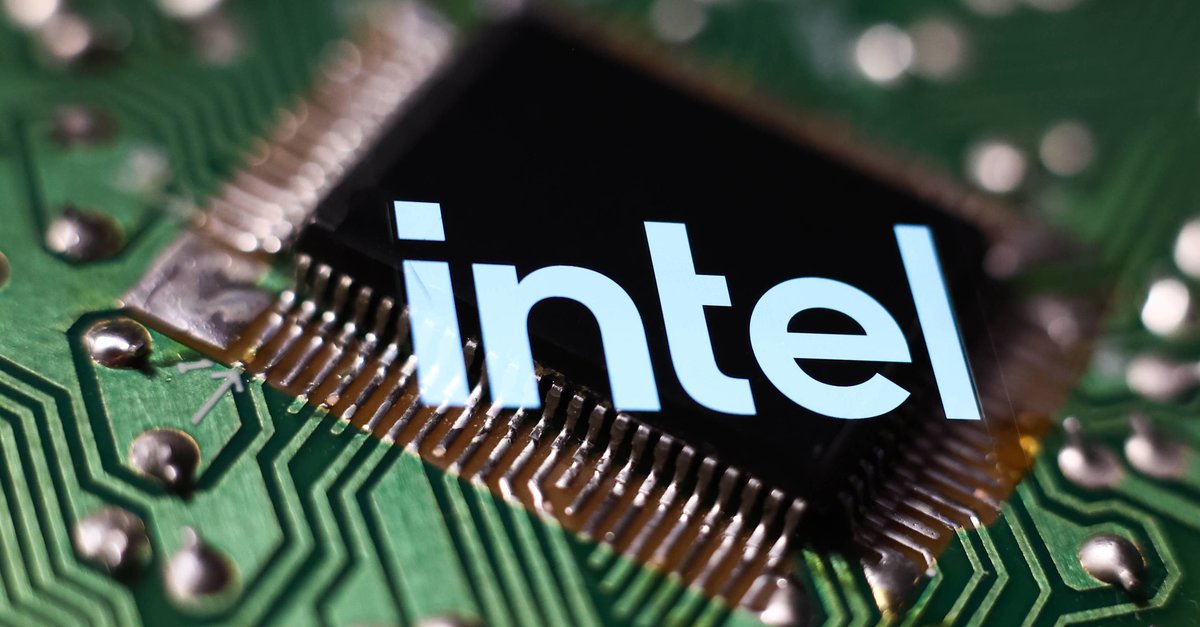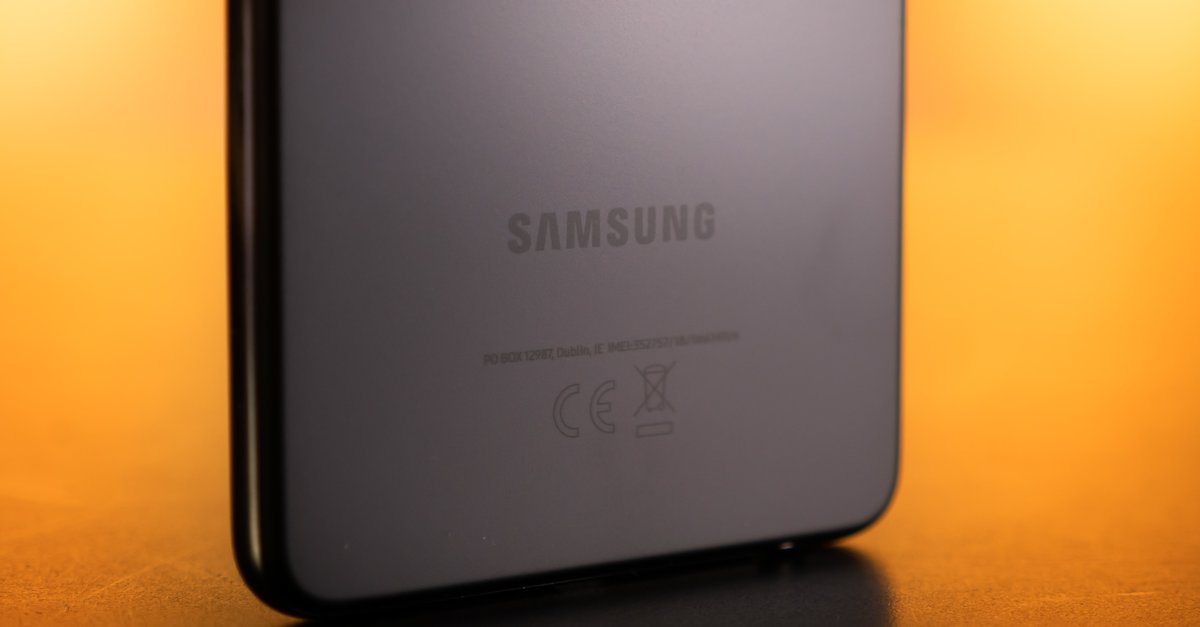New processors offer a surprise
Intel is reacting to the AI hype and is planning an innovation for chips in the Meteor Lake series. These should receive a special vision processing unit that is optimized for AI algorithms. An additional unit is required to handle the enormous computing power.
New AI unit for Intel processors
Intel is about to change direction in order to boost recently fallen sales. Instead of the usual process, processors should no longer only have a CPU and a graphics unit. The third unit is Intel comprehensive use of a vision processing unit before. This is specially designed for tasks in the field of artificial intelligence, as Intel manager John Rayfield explains.
AI is no longer just a niche topic, but are also being used more and more frequently in PC programs that are used on a large scale. Rayfield cites video conferencing as an example, where AI ensures that users have a clear image in front of them and are not disturbed by background noise. The use of AI will also increase in games in the future. There are also GPT-like models and tools such as Stable Diffusion, which can be run not only in the cloud but also locally on the computer.
CPUs and GPUs still do the heavy lifting today, which is set to change with a dedicated vision processing unit. They can already be found in some core chips of the 13th generation, and Intel wants them in the future in all Meteor Lake processors. This is the best solution for customers (source: The Register).
How do AI tools actually work? The answer is in the video:
Intel: New sales with AI
While the home office boom of the corona pandemic represented a veritable gold mine for Intel and other manufacturers, disillusionment followed shortly afterwards. Sales of PCs and notebooks have plummeted Intel as a processor manufacturer is particularly felt. So it’s no wonder that the AI hype is now increasingly being jumped on. Nvidia recently demonstrated how this can be done successfully.
Don’t want to miss any more news about technology, games and pop culture? No current tests and guides? Then follow us
Facebook
or Twitter.



